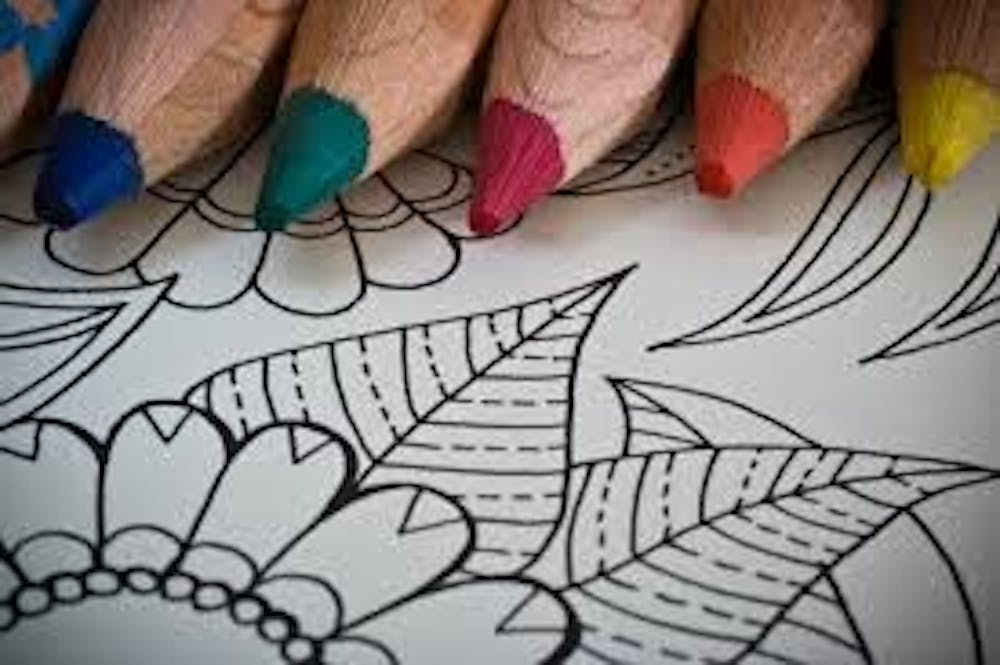As young children, many of us calmed ourselves by drawing in coloring books or finger painting. The familiar process of working with one's hands to create something beautiful has therapeutic potential for both children and adults. Enter the world of Art Therapy: the use of drawing, sculpting, or painting to address trauma, reconcile emotional conflicts, reduce anxiety, and build self esteem. Art Therapy can take place in a one–on–one or group setting, and it's often included in the treatment plans of hospitals, wellness centers, nursing homes, and schools. This kind of therapy works best for individuals who have suffered trauma, have a health disability, or suffer from mental illness. In order to conduct, Art Therapy practitioners must have a Masters degree in cognitive therapy and be members of the American Art Therapy Association, according to the AATA. While this type of therapy is practiced all over the world, there are a few practices right on Penn’s campus.
The Abramson Cancer Center incorporates a form of Art Therapy into its post–chemo therapeutical practices. As part of a larger program of wellness education, the therapy helps patients and caregivers manage cancer-related pain and anxiety. This kind of therapy is also included in the Perelman Center’s wider cognitive therapy practice for treating chronic mood disorders.
In addition to serving Penn medical patients, Art Therapy has a high rate of use among Penn undergrads as well. On November 17th, from 6-8 pm, CAPs and Alpha Delta Phi, a service fraternity, will be hosting an Art Therapy and Stress Management event for freshmen, held at CAPs.
Perhaps the most interesting application of Art Therapy is through CAPS's Eating Concerns Art Therapy Program. This group therapy program is aimed at students suffering from bulimia, anorexia, or Binge Eating Disorder and in active recovery. Creative therapies are very useful for this subset of disorders as they aid in the recovery of self esteem and promote self care. Furthermore, they stress finding meaning from the creative process instead of striving for perfection. CAPS program runs from 3-4:30 pm on Fridays.

